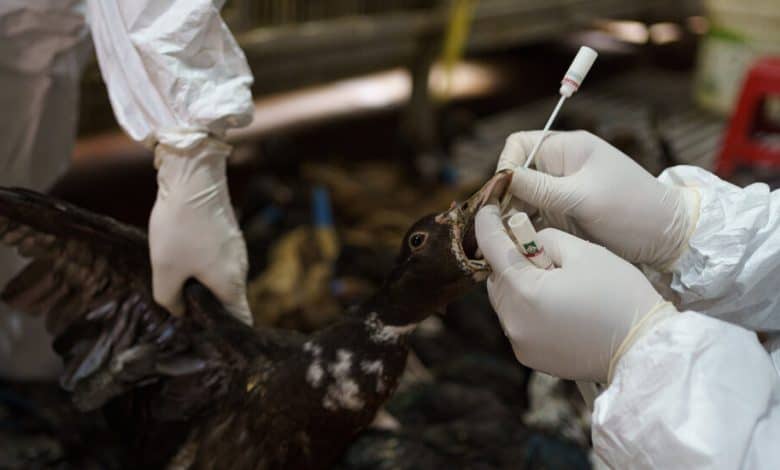The Disease Detectives Trying to Keep the World Safe From Bird Flu

As Dr. Sreyleak Luch drove to work the morning of Feb. 8, through busy sunbaked streets in Cambodia’s Mekong river delta, she played the overnight voice messages from her team. The condition of a 9-year-old boy she had been caring for had deteriorated sharply, and he had been intubated, one doctor reported. What, she wondered, could make the child so sick, so fast?
“And then I just thought: H5N1,” she recalled. “It could be bird flu.”
When she arrived at the airy yellow children’s ward at the provincial hospital in Kratie, she immediately asked the child’s father if the family had had contact with any sick or dead poultry. He admitted that their rooster had been found dead a few days before and that the family had eaten it.
Dr. Luch told her colleagues her theory. Their responses ranged from dubious to incredulous: A human case of avian influenza had never been reported in their part of eastern Cambodia. They warned her that if she set off the bird flu warning system, many senior government officials might get involved. She risked looking foolish, or worse.
Anxious but increasingly certain, Dr. Luch phoned the local public health department, located just across the street. Within minutes, a team arrived to collect a sample from the child, Virun Roeurn, for testing in a lab.
By then, Virun’s distraught parents had lost faith in the hospital. They demanded that he be sent by ambulance to the capital, Phnom Penh. His flu swab sample traveled with him.
Virun died on the journey. At 8 p.m., Cambodia’s National Public Health Laboratory confirmed Dr. Luch’s suspicion: He had died of highly pathogenic avian influenza.